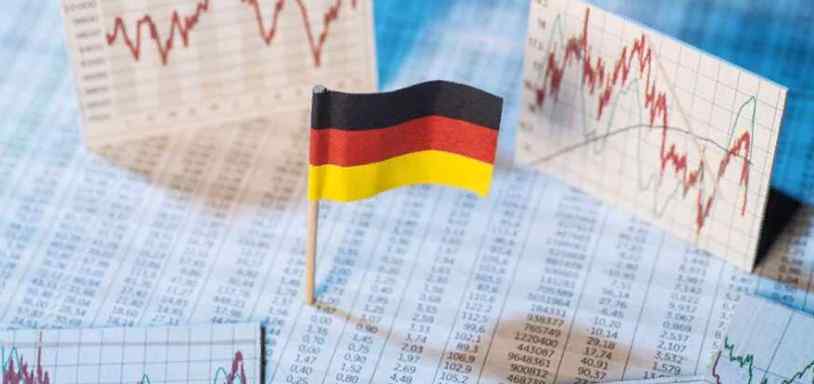Europe’s largest economy is again teetering on the brink of recession. In the third quarter, production in Germany declined. Gross domestic product fell by 0.1% compared to the previous three months, the country’s Federal Statistical Office reported on Monday. This, by the way, is less than the 0.2% drop expected by economists.
The main reason for the decline in GDP was the reduction in household expenditures. The positive contribution was made by companies’ investments in machinery and equipment. The services sector is doing better than manufacturing, but even here, as S & P Global business surveys show, growth rates have slowed down.
Questionable outlook
A technical recession is defined as a contraction in production for two consecutive quarters. The German economy has been floundering in this borderline state for a year now. According to revised official data, the country’s GDP contracted in the last three months of 2022 and then stagnated in the first quarter of 2023. The statistics office’s initial estimate showed output declining for two consecutive quarters.
Economists see no reason for the situation to improve anytime soon as the country’s huge manufacturing sector faces weak Chinese demand, high energy costs and painful interest rate hikes.
Companies in the sector are cutting jobs at the fastest pace in three years as new orders are squeezed and confidence remains “deeply negative”, according to an October survey released last week.
“Germany’s economy is now firmly mired in the mud. Risks are skewed towards its collapse in early 2024,” Klaus Wistesen, chief eurozone economist at Pantheon Macro Economics, told CNN. He doubts GDP will recover in the fourth quarter.
Martin Ademmer of Bloomberg Economics agrees that risks are skewed to the downside. But he notes the first signs that economic activity may stabilise by the end of the year.
In addition, cooling inflation and rising wages are expected to lead to a rebound in consumer demand. Analysts polled by Bloomberg believe Germany’s economy will grow by 0.5 per cent in 2024. But it is the only one among the G7 countries to fall into recession this year, according to International Monetary Fund estimates.
Shared weakness
Germany is not alone. Its neighbour Austria also slipped into recession in the third quarter due to falling consumption and investment. And business activity in the eurozone as a whole has been sluggish and is not far from stagnation or even a mild recession, according to economists.
Economic confidence in the region has declined for the sixth consecutive month. A recent survey of firms in the manufacturing and services sectors showed a sharp contraction in output in October. The outlook for demand for goods and services has also deteriorated.
Last week, the European Central Bank kept interest rates unchanged, breaking a cycle of ten consecutive increases, following a sharp fall in eurozone inflation in September and new evidence of economic weakness.
However, ECB President Christine Lagarde warned that risks to economic growth “remain tilted to the downside” and said the war between Israel and Hamas meant a “less predictable” outlook for energy prices.
Ekaterina Trofimova, Ridus

